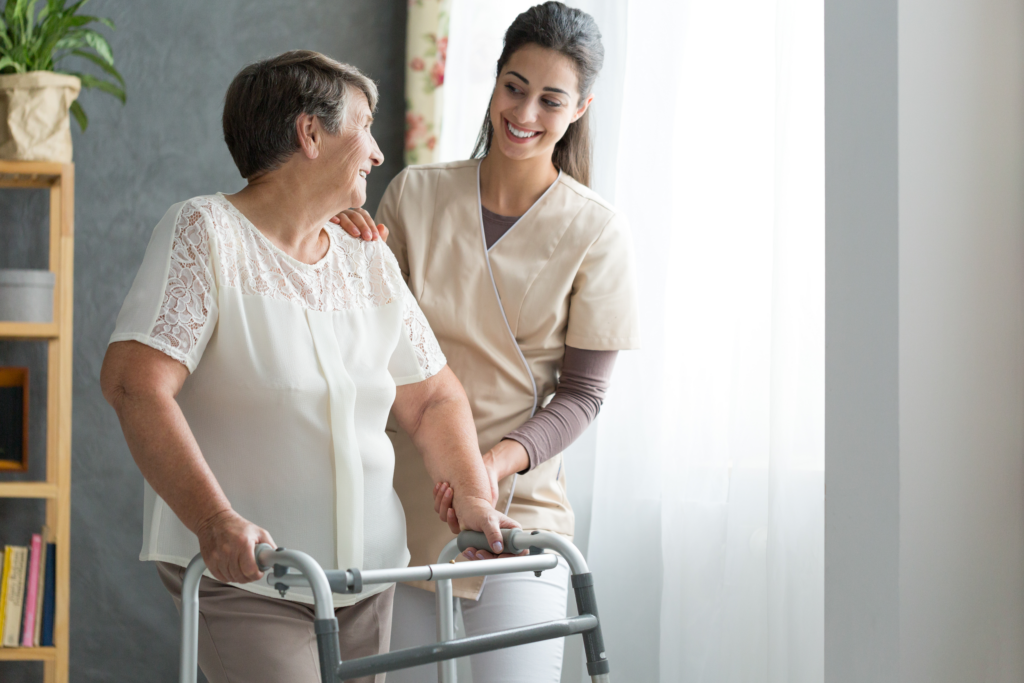A caregiver support group can be a lifeline. It can provide a forum to share feelings confidentially, make friends, get help navigating the health care system and benefit from the experience of others who’ve walked a similar path.
AARP’s recent article entitled “How to Find a Caregiver Support Group That’s Right for You” says the benefits for family caregivers are well documented: “Decades of research show that social support helps people cope,” says psychologist and AARP caregiving expert Barry J. Jacobs. “Caregivers often can’t speak openly with family members about their emotional reactions, and a support group provides a relative degree of anonymity.”
There are support groups run by faith institutions, medical centers, disease associations, adult day care centers, social service agencies, and by businesses for their employees, and other entities. Some are for people caring for loved ones with specific medical conditions, while others serve caregivers in general. There are a number of types of support groups to consider:
Condition-specific groups. Groups of people caring for loved ones with Alzheimer’s and dementia; cancer; heart disease and stroke; mental illness; neurodegenerative diseases like muscular dystrophy and ALS; and many other conditions are available in-person and online.
Groups targeting different kinds of caregivers. These focus on specific caregiving situations and relationships, such as military caregivers or adult children caring for elderly parents. There are also groups based on demographic affinity — for example, for LGBTQ caregivers, Spanish speakers, or millennials.
Online and telephone caregiver groups. These can offer terrific support to those who can’t travel to a face-to-face meeting (or who prefer not to during the pandemic) or need to talk to someone during off-hours. Research shows that online groups provide the same positive effects as in-person groups when it comes to emotional support and validation.
Support groups for young caregivers. Children are an often-overlooked subset of the family caregiver population, and the 2020 “Caregiving in the U.S.” report from AARP and the National Alliance for Caregiving estimates that more than 3.3 million people under age 18 in the country are providing care to an adult recipient.
Caregiver education groups. One option is caregiver education groups. These have invited speakers addressing relevant topics, such as stress management or dealing with Medicare. There are typically discussions among attendees after the presentation, through which caregivers still gain support.
It’s critical to find a space where you can share stories, feelings and advice with people who can relate and won’t judge. Knowing that you are not alone can make a huge difference.
Reference: AARP (Aug. 31, 2021) “How to Find a Caregiver Support Group That’s Right for You”

